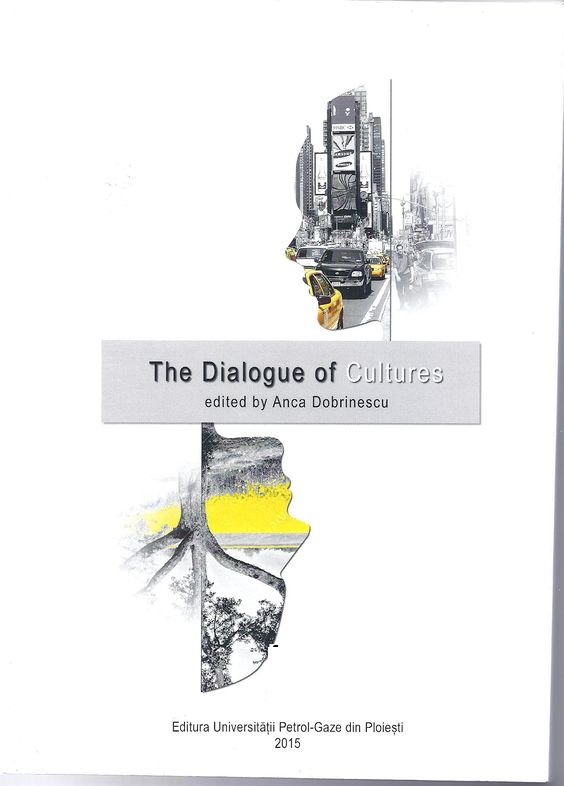Islamic Hermeneutics and Western Traditions: the epistemological/ontological dispute in hermeneutics
Islamic Hermeneutics and Western Traditions: the epistemological/ontological dispute in hermeneutics
Author(s): Yi Ren Thng
Subject(s): Epistemology, Middle-East Philosophy, Hermeneutics
Published by: Universitatea Petrol-Gaze din Ploieşti
Keywords: hermeneutics; Islamic Hermeneutics; Western Traditions; epistemological vs. ontological dispute;
Summary/Abstract: Hermeneutics and its practice straddles a number of purportedly incompatible dualisms. Ostensibly, contestation about hermeneutics a la Gadamer and Ricoeur, revolve about resolving if an epistemological orientation, or an ontological predilection should take precedence. While this theoretical stranglehold is indubitably important, I argue that this debate masquerades and indeed distract attention away from deeper and more insidious debates about the philosophical nature and even the potential of the social sciences in general. After all, critics of Gadamer's ontological programme have attempted the creation of alternative hermeneutics with epistemological underpinnings to enable distanciation, which in turn renders critical theory that encompasses emancipatory action possible (Ricoeur and Habermas). Others have adopted epistemological foundations in hermeneutics, while dismissing the ontological characterisation of Gadamer’s hermeneutic circle, to discredit the postulation of interpretations as explanatory accounts. Adopting this strategically allows for some to discharge explanatory accounts from being beholden to constraints such as spatial temporal limitation or inherited historical legacies, while rendering yet others the possibilities of genuine intersubjectivity and argumentative diversity that does not ‘come at the cost of enforced agreement’ (Shklar). Despite the importance of these debates, I argue that this is yet another distraction from the notion of hermeneutics as an endeavour of interpretation that necessarily and indeed can incorporate the various binaries as outlined above. To illustrate my arguments, I invoke an original site of hermeneutical contestation, namely theology and its texts. Specifically, I introduce principles of Islamic hermeneutical exercises, and Ibn al-Arabi is adduced to explore modalities of comprehension (Tadhakkur vs Tadabbur, Tafalkur, Ta'aqqul) in relation to divine knowledge entities (Tanzih as compared to Tashbibh). I conclude by sketching the possibilities of a hermeneutical programme that incorporates the above schisms, and hence create more holistic hermeneutical enterprises.
Book: The Dialogue of Cultures
- Page Range: 186-205
- Page Count: 20
- Publication Year: 2015
- Language: English
- Content File-PDF

